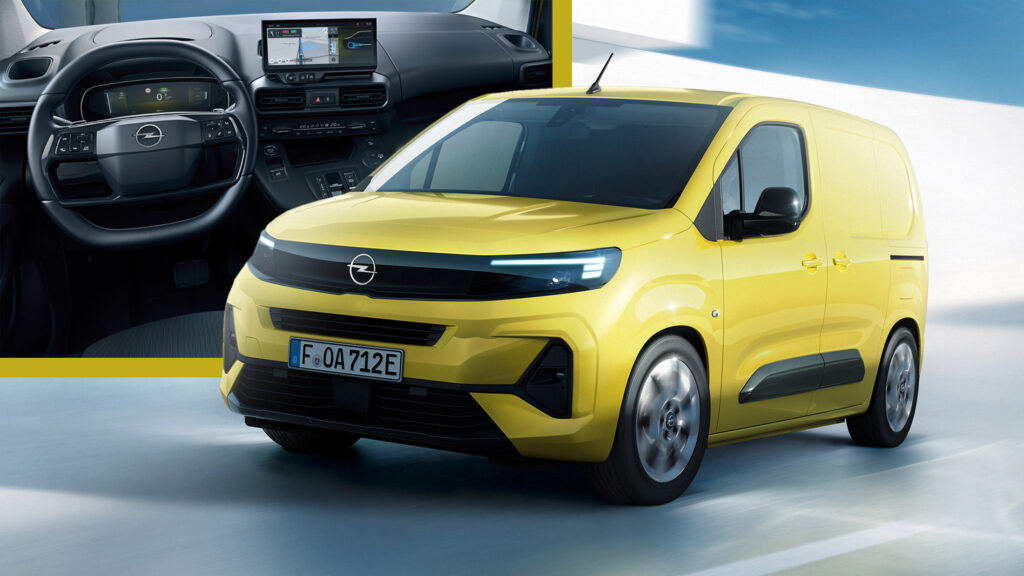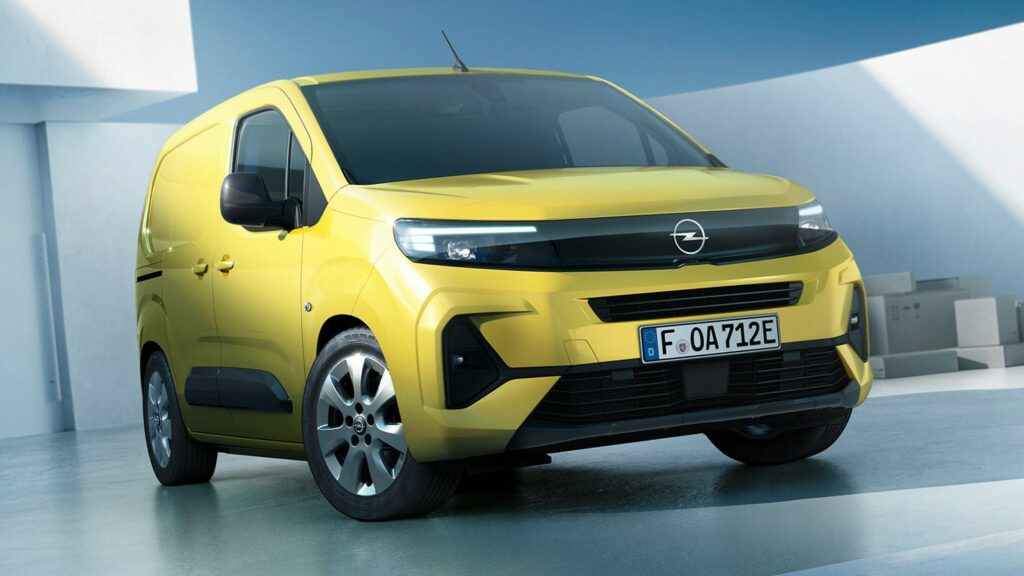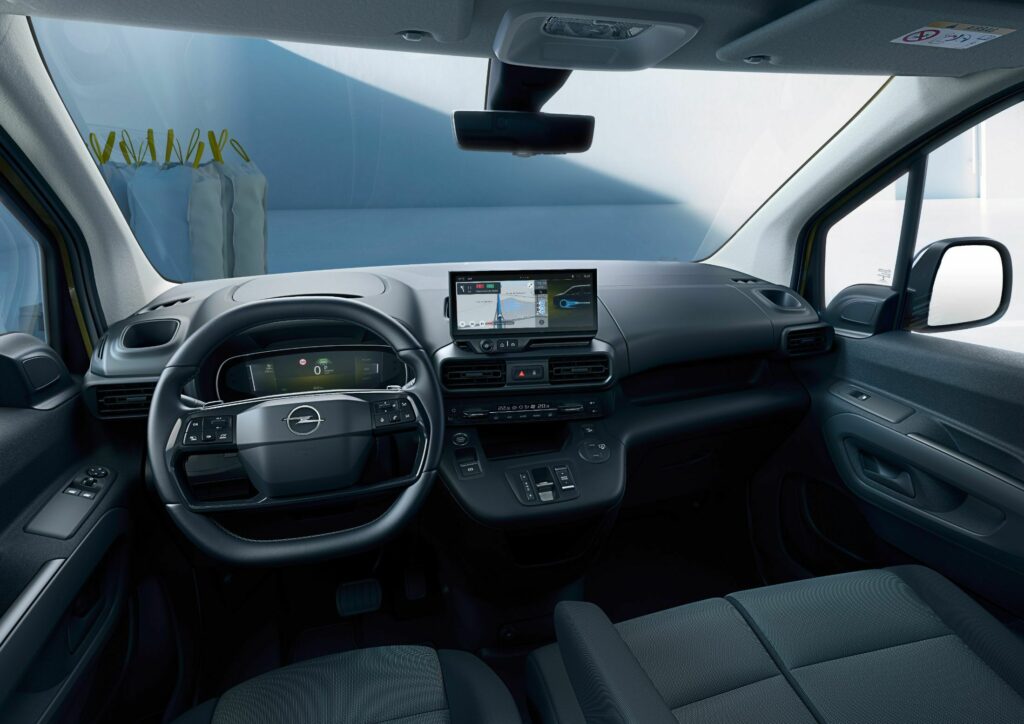
Stellantis recently revealed a bunch of facelifted LCVs and now each brand is independently presenting their models with greater detail. Opel goes first with the updated Combo, returning with a redesigned face and more technology inside the cabin. Unlike the EV-only passenger version that will follow shortly, the LCV is also available with petrol and diesel powertrains.
window.ramp.que.push(function () {
window.ramp.addTag(“pwMobiMedRectAtf”);
})
The current fourth-gen Opel Combo was introduced in 2018, sharing most of its components with the Citroen Berlingo, Opel Partner, Toyota ProAce City, and more recently the Fiat Doblo. For 2024, the van is facelifted, benefiting from the Opel Vizor treatment that is already found across the automaker’s entire passenger lineup.
More: Opel Working On Entry-Level EV Priced At €25,000, Says Report
advertisement scroll to continue
window.ramp.que.push(function () {
window.ramp.addTag(‘pwDeskMedRectAtf’);
})
window.ramp.que.push(function () {
window.ramp.addTag(“pwMobiMedRectBtf1”);
})

The new face of the Opel Combo features slimmer headlights, optionally available with Intelli-Lux LED Matrix technology for the first time in an LCV. As dictated by Opel’s current styling language, the lights are mounted under the same “Vizor” panel that is covering the grille. Furthermore, the redesigned bumper received interconnected intakes, while the hood is now flush with the grille.
This is where exterior updates end, with the rest of the bodywork being carried over from the pre-facelifted version. As with all Stellantis offerings in the compact van segment, the Opel Combo is available in standard and long bodystyles.
Tech-Focused Interior Upgrades
window._taboola = window._taboola || [];
_taboola.push({
mode: ‘thumbnails-a-mid’,
container: ‘taboola-mid-article’,
placement: ‘Mid Article’,
target_type: ‘mix’
});
Inside, the highlight is the new 10-inch digital instrument cluster behind the redesigned steering wheel. This is combined with a slimmer free-standing 10-inch infotainment touchscreen, although entry-level trims have a smartphone dock instead. The digital cockpit is running on Snapdragon Cockpit Platforms from Qualcomm Technologies and supports the latest connectivity features. Safety has also been upgraded with the dual-camera Dynamic Surround Vision, and up to 18 available ADAS including the optional Adaptive Cruise Control.

The new Opel Combo can be had with two or three seats at the front, while a five-seater Crew Cab version is also available aiming at professionals who want to carry more people. Depending on the bodystyle, the van offers up to 4,400 lt (155.4 cubic feet) of cargo space. In fully electric form, it has a 780 kg (1,720 lbs) payload and a 750 kg (992 lbs) towing capacity.
Petrol, Diesel, And Electric Options
The Opel Combo Electric comes fitted with a single electric motor producing 134 hp (100 kW / 136 PS) and 270 Nm of torque, which sources energy from a 50 kWh battery pack. While those specs are identical to its predecessor, the WLTP range has been increased to 320 km (199 miles) thanks to the addition of a heat pump and changes to the regenerative braking system.
The lineup also includes petrol and diesel versions, most likely with the 1.2 PureTech and the 1.5 BlueHDi powertrains. The petrol will be exclusively available with a manual gearbox, while the diesel will also offer the option of an automatic transmission.
The market launch of the facelifted Opel Combo and Combo Electric is scheduled before the end of the year. It is safe to assume that Opel will soon launch the similarly facelifted Combo Life minivan, which is the electric-only passenger version of the LCV. This one is expected to mirror the specs of the recently updated Peugeot E-Rifter and the upcoming Citroen E-Berlingo and Fiat E-Scudo.
